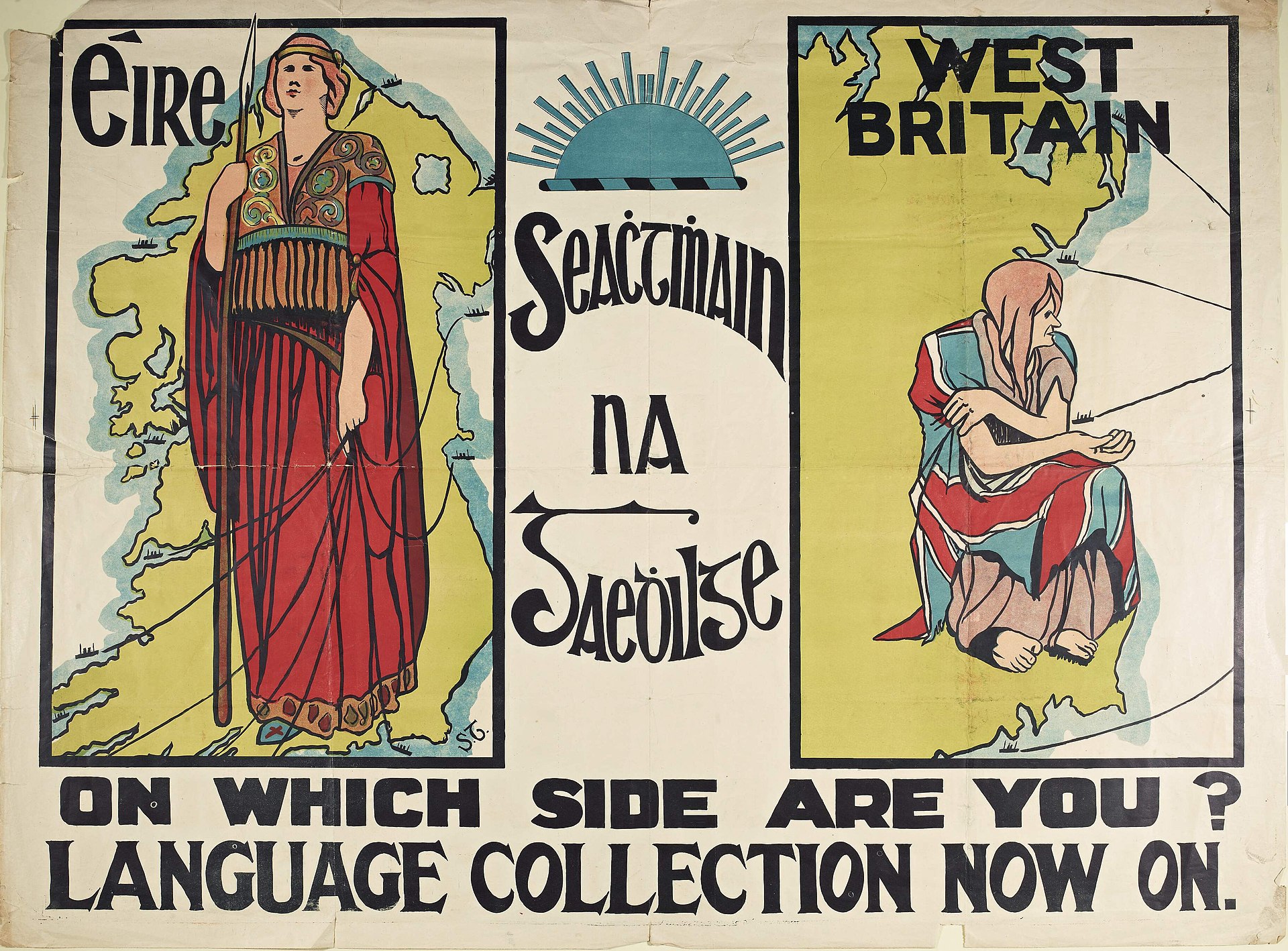My research topic for the final paper will look at the literary concept of “the other”, beginning with the initial othering of Ireland from England, and then examining how Irish authors went even further with it. In our studied literature, characters we have read such as Mary in Juno and the Paycock, Joyce’s various characters in Dubliners including Stephen in moments from Portrait of The Artist as a Young Man, and even Dracula by Bram Stoker, assert their identities as “the other” in the ways in which they remark on themselves and others, and the feelings of rejection they imply. I want to explore the backgrounds of the authors who employed these “othered” characters using what I can from Siobhan Kilfeather’s Dublin, as well as researched sources, to see if they experienced feelings of otherness in their own lives. For example, Yeats makes very clear in some of his poems, such as Easter 1916, these feelings of growing agitation and doubt regarding Ireland’s push for home rule. Hinting at his own worries regarding his dual allegiances. As a result of Yeats’ own sense of otherness, I will pay attention to the way Joyce and O’Casey also wrote their characters as feeling othered not only by England, but their own Irish communities. This is helpful for readers because these othered perspectives create truer pictures of both the ill and good in Irish society. These characters explore their worlds without clear defined allegiances or senses of belonging to either. These othered perspectives help bring to the forefront the issues downplayed by nationalists intent on proving Ireland’s superiority and fitness for home rule.
“Otherness” in Irish Literature


Very interesting topic Alexandra! I really like how you’re drawing from almost everything we’ve looked at so far, and connecting it to a larger theme in Ireland’s history. I think that the idea of the “other” is a powerful one, and one which shapes history and culture all over the world–but is definitely unique in its connection to Ireland. There are, like you mentioned, many different levels and layers to the concept of “other” which I think would be fun to write about and explore.